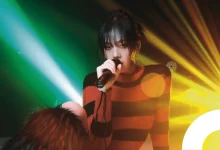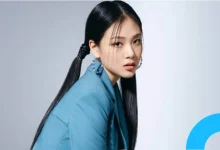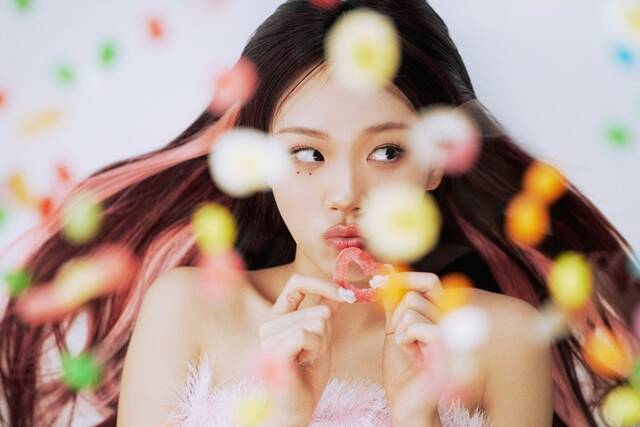
On April 15, Uniqlo released the new campaign showcasing BIBI, highlighting her signature confident attitude and unique style that brought out the appeal of the brand’s flagship bra top line.
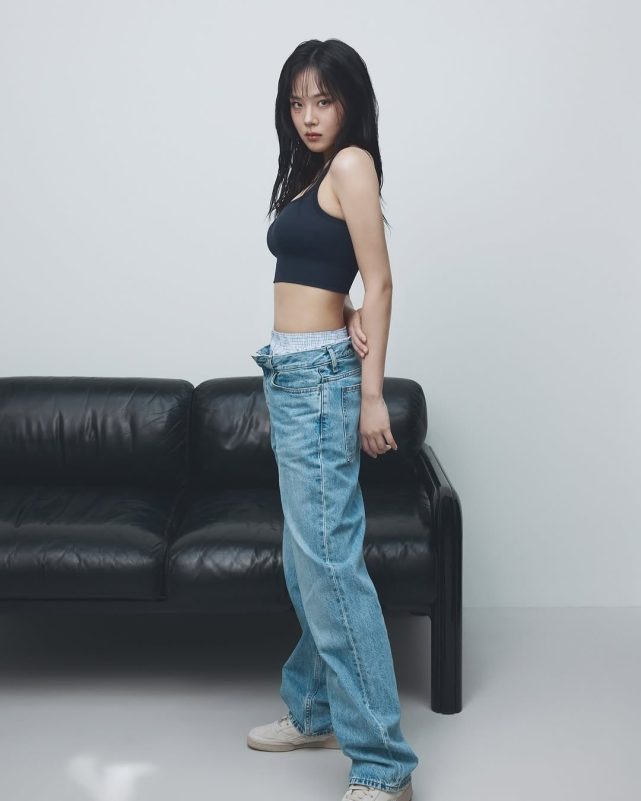
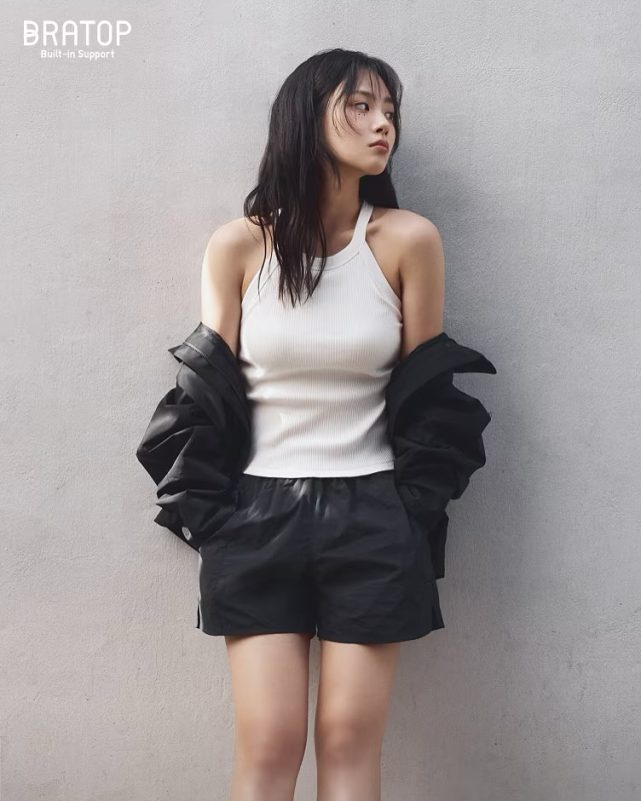
A Uniqlo representative commented, “We believe BIBI, an icon of confidence and individuality, will help make the appeal of Uniqlo’s bra tops resonate even more with women through this new style campaign.”
What makes this collaboration particularly noteworthy is that BIBI is the first Korean celebrity to model for Uniqlo since the 2019 boycott. Following Japan’s tightened export restrictions on South Korea under former Prime Minister Shinzo Abe in July 2019, anti-Japanese sentiment surged, leading to a widespread boycott of Japanese brands — with Uniqlo among the hardest hit. The backlash led to closures of major stores in areas like Myeongdong and Hongdae.
However, Uniqlo has seen a recent rebound. In 2024, the brand reported ₩1.06 trillion in revenue and ₩148.1 billion in operating profit — a 5.3% increase from the previous year and the first time in six years it surpassed ₩1 trillion in sales.
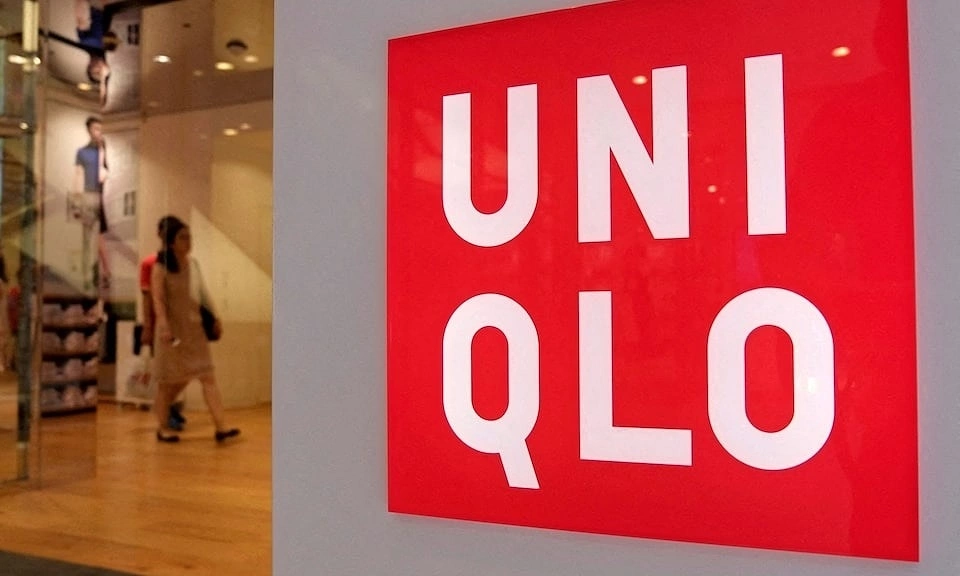
As Uniqlo pushes to reclaim its top position in the SPA (Specialty store retailer of Private label Apparel) market, all eyes are on how BIBI’s involvement may influence the brand’s image and sales.
BIBI debuted in 2019 with the single “Binu” and skyrocketed to stardom with the hit “Bam Yang Gang” in early 2023. In 2024, she became only the second female soloist after IU to top all Korean music charts simultaneously.
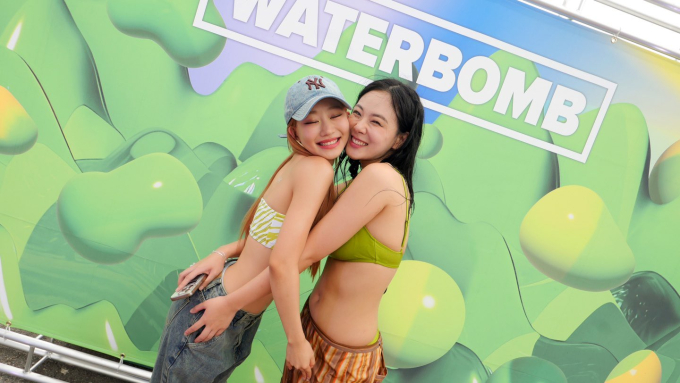
That same year, she also earned critical acclaim in acting, winning the Baeksang Arts Award for Best New Actress for her role in “The Worst of Evil.” She continues to expand her influence as both a singer and actress, having starred in the film “Hopeless” and the SBS drama “The Fiery Priest 2.”

